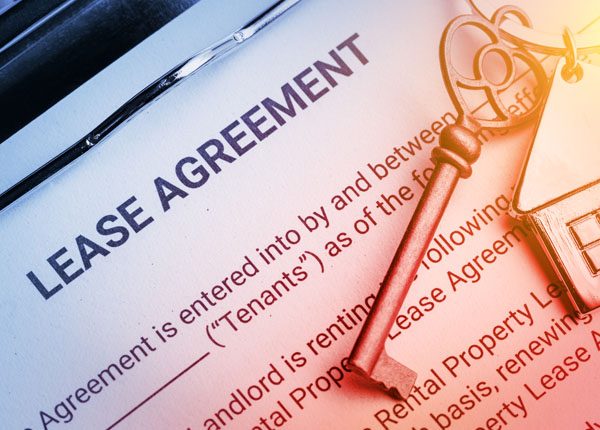The key objectives of the Code are:
- To serve as a set of mandatory guidelines to provide guidance to landlords and tenants of qualifying retail premises to enable a fair and balanced lease negotiations
- To provide landlords and tenants of Qualifying Retail Premises with a governance framework to ensure compliance with the Code.
- To provide an accessible dispute resolution framework for both landlords and tenants.







